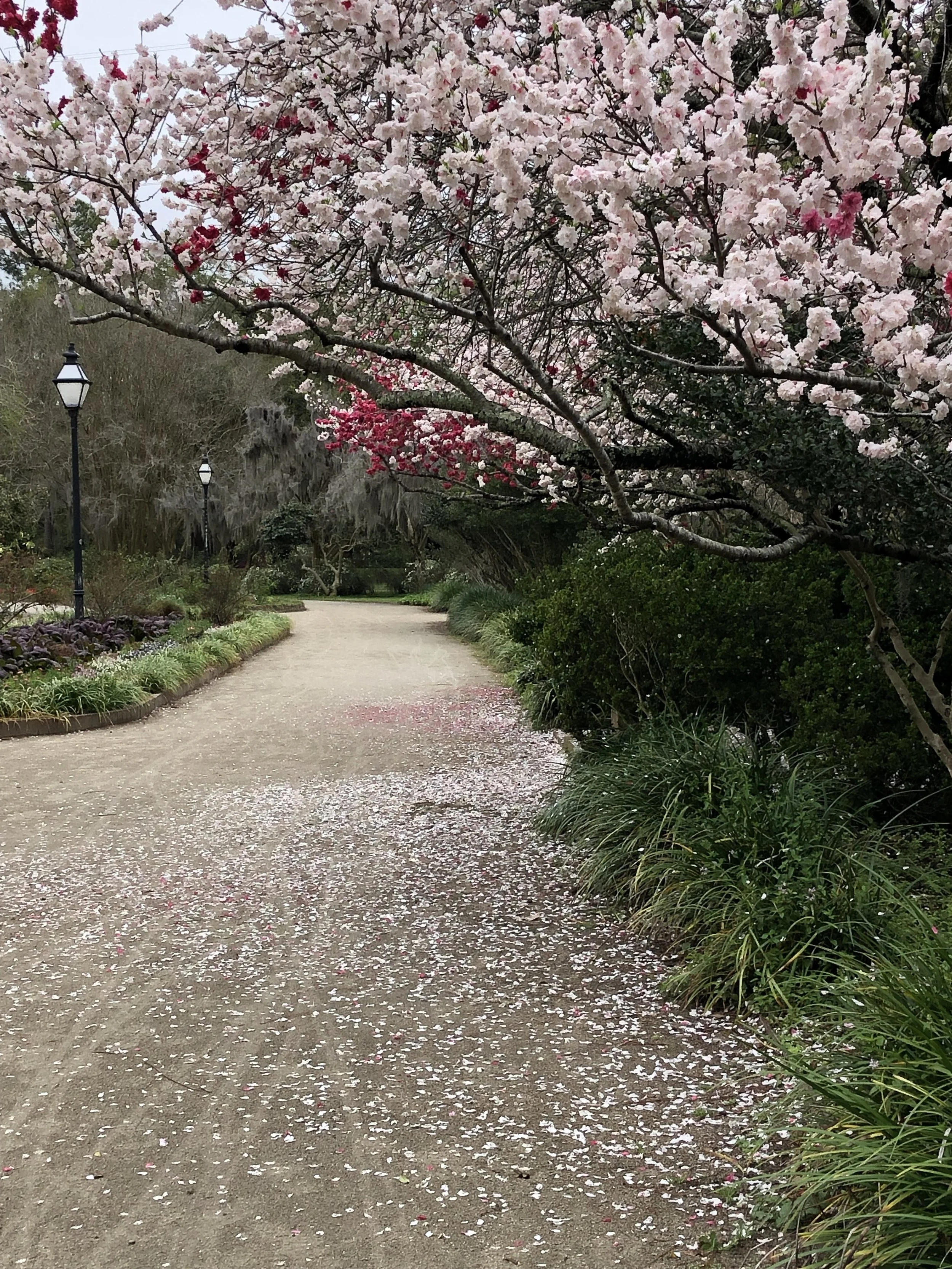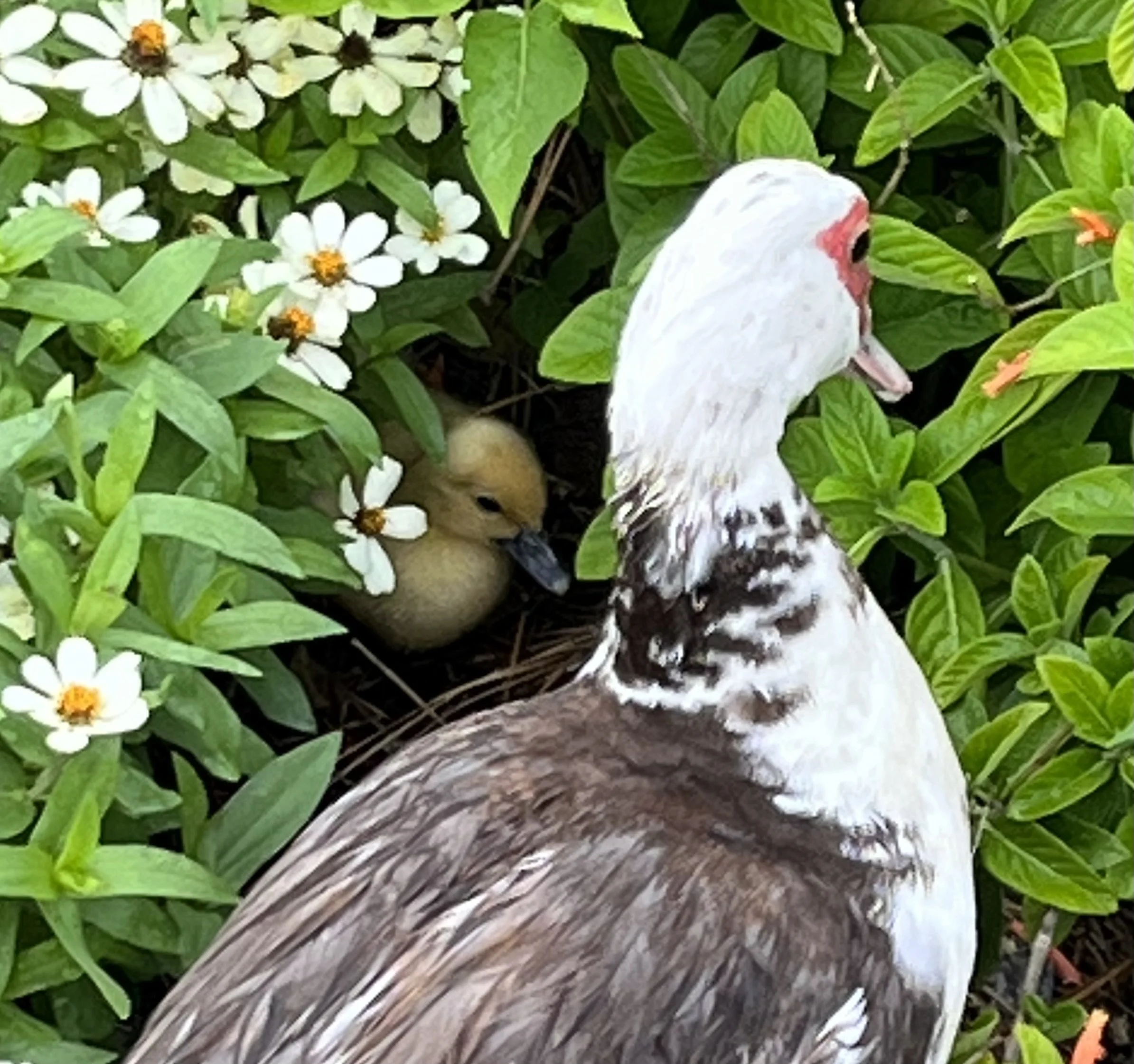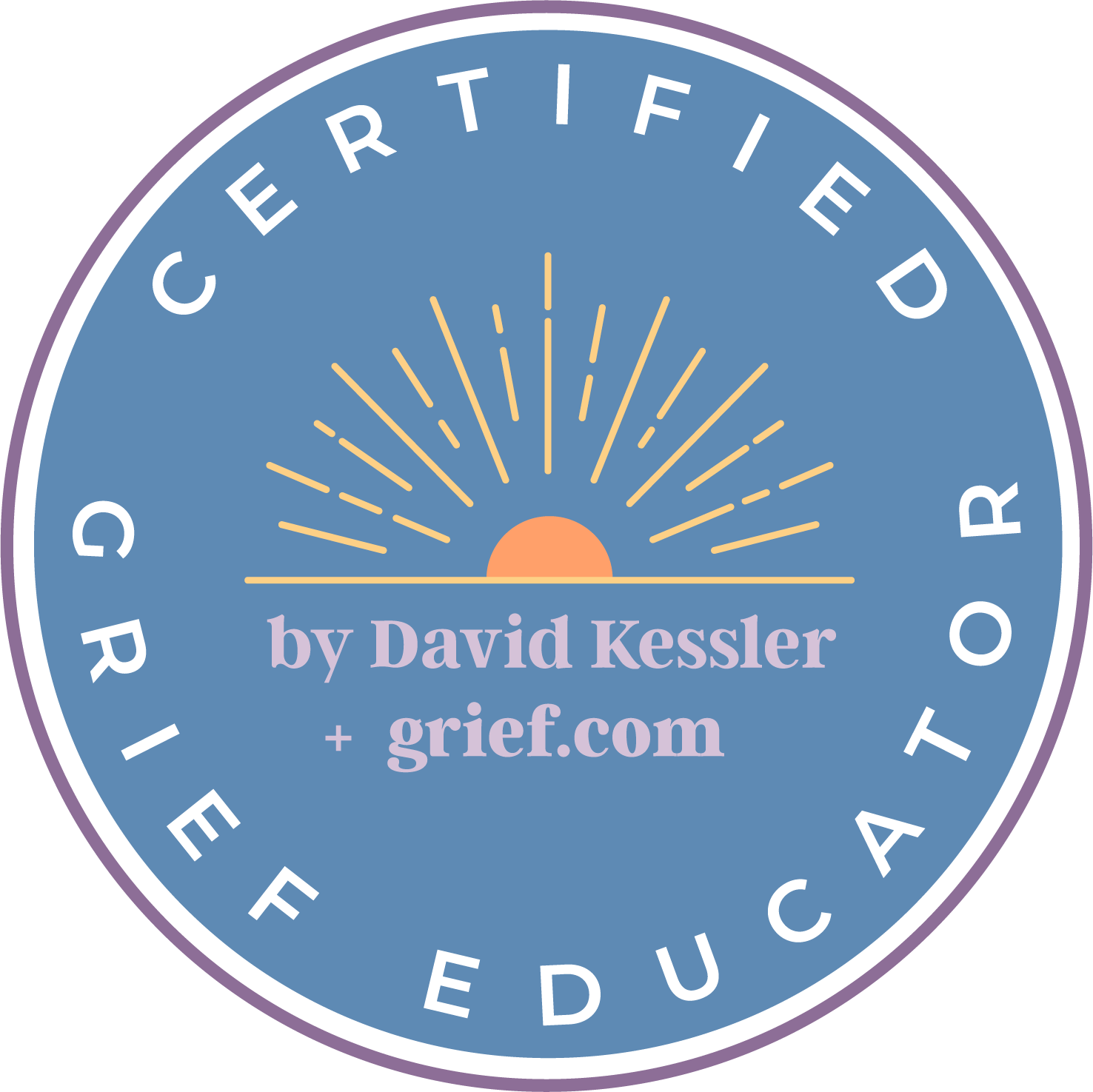Lynn Smith, LPC
Healing and thriving through collaborative counseling
Areas of Service
About Me
I completed my MA in Psychology at The Citadel in Charleston, SC after first attending art school in Atlanta, GA and earning my BA in English at Columbus State University. I was a high school and middle school teacher in GA and SC and was nominated by my students for Disney’s Creative Teacher award. In SC, I was a freelance writer and owned/operated a bakery & coffee shop. While I worked as a volunteer CLC in the community, I was employed at The Medical University of South Carolina (MUSC) in Pediatric Epidemiology, where I worked closely with research study participants. I also served on the hospital’s Ethics Committee and volunteered as the Assistant to the Director of Patient and Family Centered Care. My internships were in inpatient substance addiction, trauma-focused private practice, and MUSC’s Trauma Resilience and Recovery Program. I am trained and certified in trauma recovery and am a Certified Grief Educator, trained under the direction of David Kessler. I have worked with clients in hospital and educational settings, inpatient and outpatient facilities, community clinics, and in private practice. I have provided grief support to faculty, staff, and students at The College of Charleston, where I also work as the Triage Coordinator for the school’s Counseling Center.
As a grief counselor who has also experienced loss, I take the gentle approach of moving forward rather than moving on. There is no time limit to grief, and there is no singular way to do it. What can be helpful is understanding that while we are taught to quickly pull ourselves up and out of the most painful times in our lives, that is usually not a great plan for grief. In fact, rushing it and moving too fast can often make people feel worse.
Compassionate support through individual counseling is like letting someone else help carry a weight that is too heavy for one person. It lessens the burden and allows for more of what the body and brain may need: room to breathe, a person to listen, and an understanding of what is happening physically and emotionally. Grief is there waiting when we are ready to see it, feel it, and change with it. For grief support I begin with the wisdom of David Kessler, Elisabeth Kubler-Ross, and Julia Samuel, who are all experts in the field. However, where we go from there depends on the one expert on your own loss: you.
Grief & Loss
“Grief, by it’s nature is poetic, elegiac.
And poetry, like grief, is subversive, unbridled, and disobedient.”
from Bearing the Unbearable by Joanne Cacciatore, PhD
I subscribe to Dr. Ed Hallowell’s reframe of ADHD as a way of being rather than a disorder. It is influenced biologically by the structure of the brain and access to specific neurotransmitters found in the brain and body (Dopamine, Norepinephrine, Serotonin & others). Whether it is biologically or environmentally influenced or both, unaddressed ADHD can make living in this time of technology and immediate gratification increasingly difficult.
At their best, people who have ADHD can be impactful world changers with innovative ideas and sometimes vast clarity or creativity.
In their worst moments, those with ADHD often doubt their own abilities and find it tough to regulate thoughts, emotions, and behaviors. Because of this, they can feel depressed and/or anxious. They can find themselves overwhelmed by internal and external stimulation and may engage in harmful behaviors as a way of coping.
If you are experiencing symptoms of ADHD, we can work together to decrease negative symptoms through the use of person-centered processing, Cognitive Behavioral Therapy (CBT), emotion regulation, mindfulness, and organization/time management skills. Additional interventions, such as referrals for ADHD testing and medication management can be discussed as needed.
ADHD
the gift that can feel like a bully…
Postpartum
If you are anticipating baby blues because of a family history, or your birth plan turned out to be a best laid plan that went awry, you may need extra reassurance during this time. My hospital experience was most often in the ObGyn clinic, L&D, and the NICU, and I was a Certified Lactation Counselor (CLC) for 12 years. In my practice I provide support and help clients develop skills to manage the anxiety, trauma, and grief that often surround the experiences of pregnancy & childbirth. I have worked with both mothers and fathers and welcome newborns in the office and virtually. While I am a former CLC, my training and belief is that happy, settled parents provide the best opportunities for children to find their way, regardless of feeding choices.
Depression & Anxiety
Both depression and anxiety can knock us off balance. The calm, regulated mind is the baseline. It is where we are able to identify plans and goals and to follow through with them. It is where we can feel our emotions without being overwhelmed by them and where we have autonomy and are in control of our lives.
Depression is below the baseline with symptoms that can include persistent low mood, low motivation, loss of interest in activities, fluctuations in weight, sleep disturbances, and irritability.
Anxiety is above the baseline with symptoms that can include persistent worry, fear of social interactions, avoidance of people and places, constant overthinking, and panic.
Both depression and anxiety can cause fatigue, and other physical symptoms. Often there are complex issues contributing to the sadness or worry, and it is difficult to tell what thread to pull first to untangle the knot. Working with a therapist experienced in each condition can help you answer the why and what questions about depression or anxiety, and most important, the question, “How do I feel better?”
Therapeutic Approaches:
Cognitive Behavioral (CBT)
Acceptance and Commitment (ACT)
Cognitive Processing (CPT)
Internal Family Systems (IFS)
Person-Centered
Trauma-Focused CBT
Solution Focused Brief (SFBT)
Bibliotherapy
Mindfulness-Based CBT
Culturally Sensitive & LGBTQIA+ inclusive







